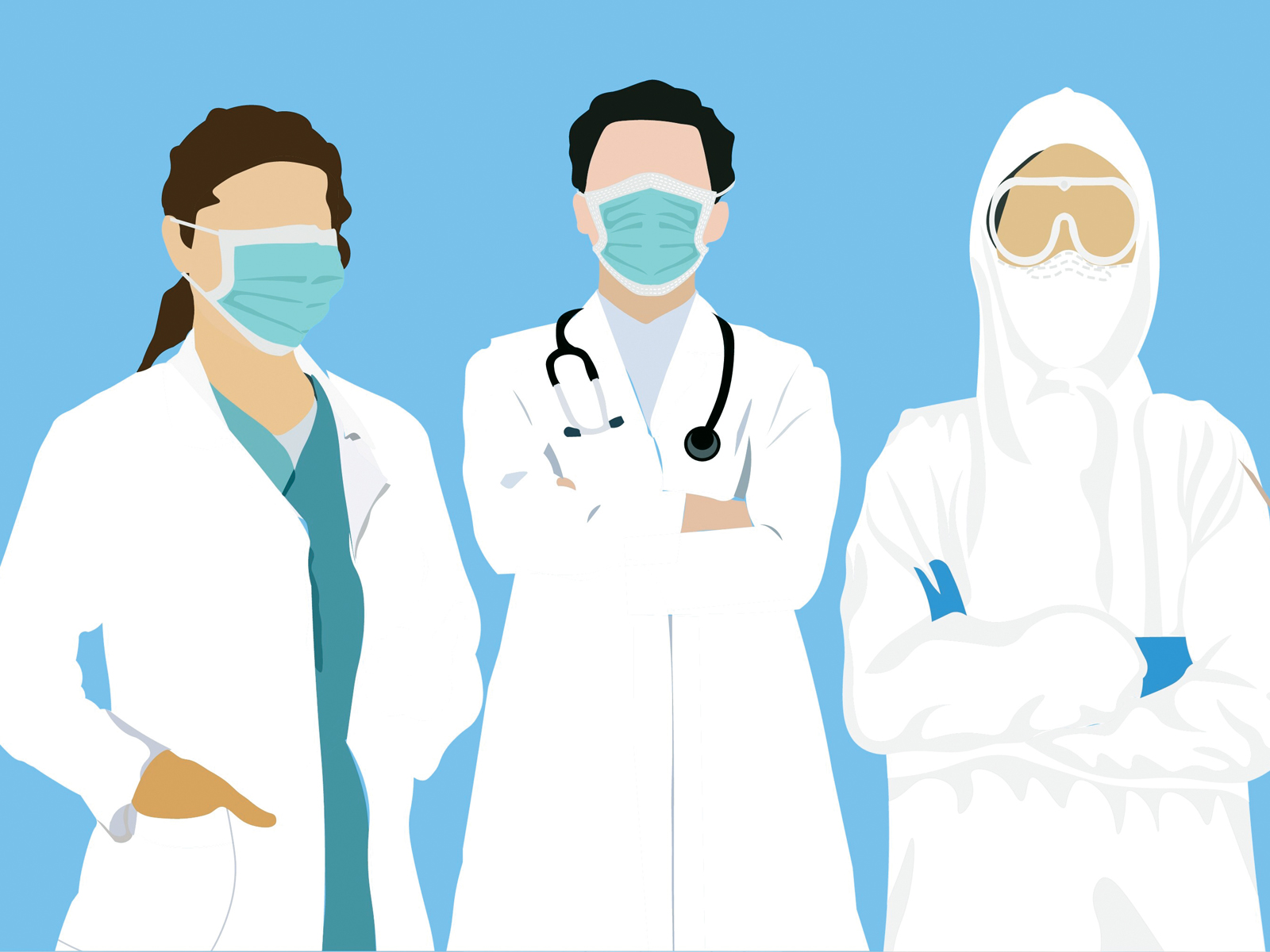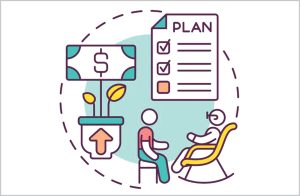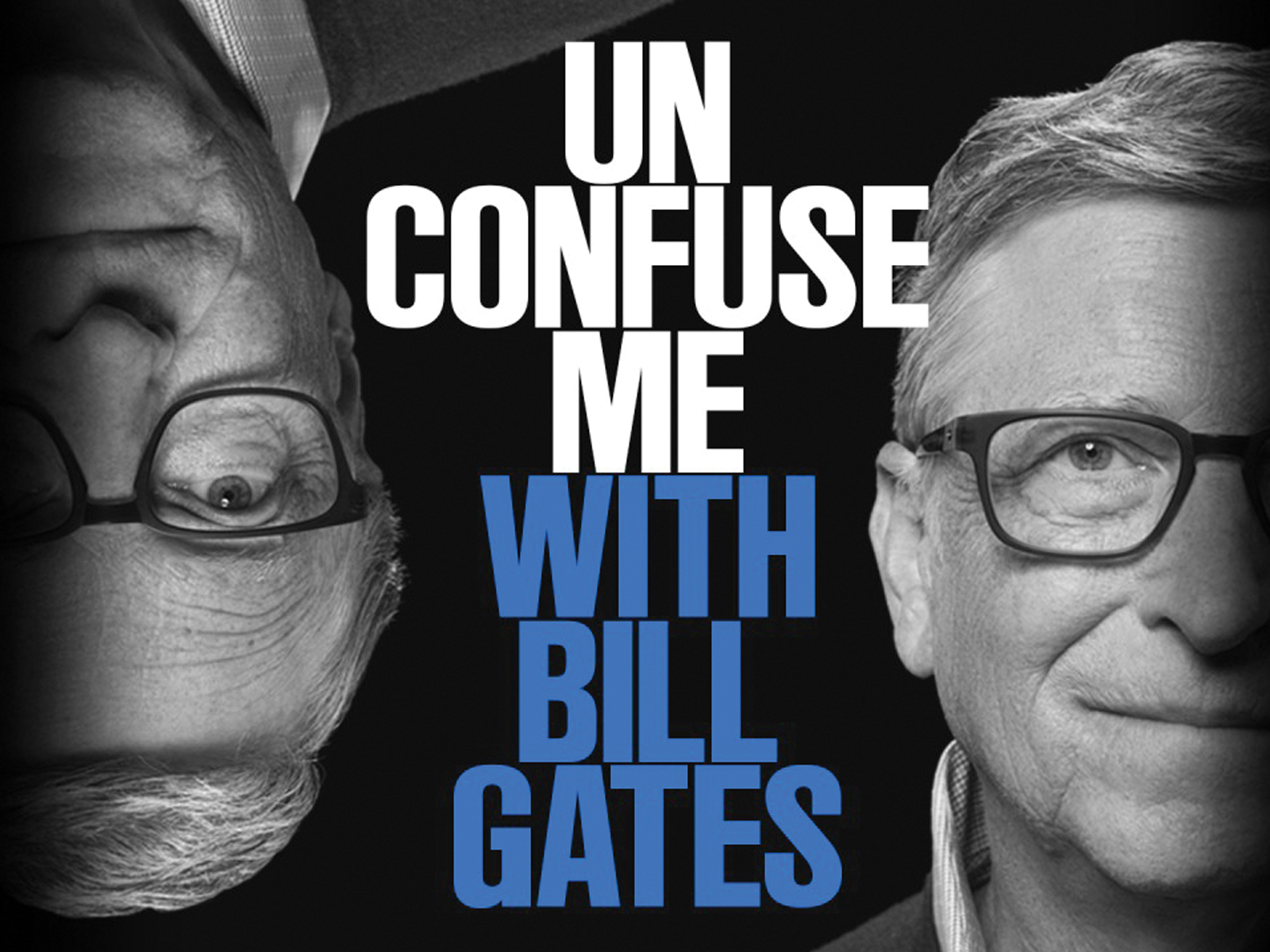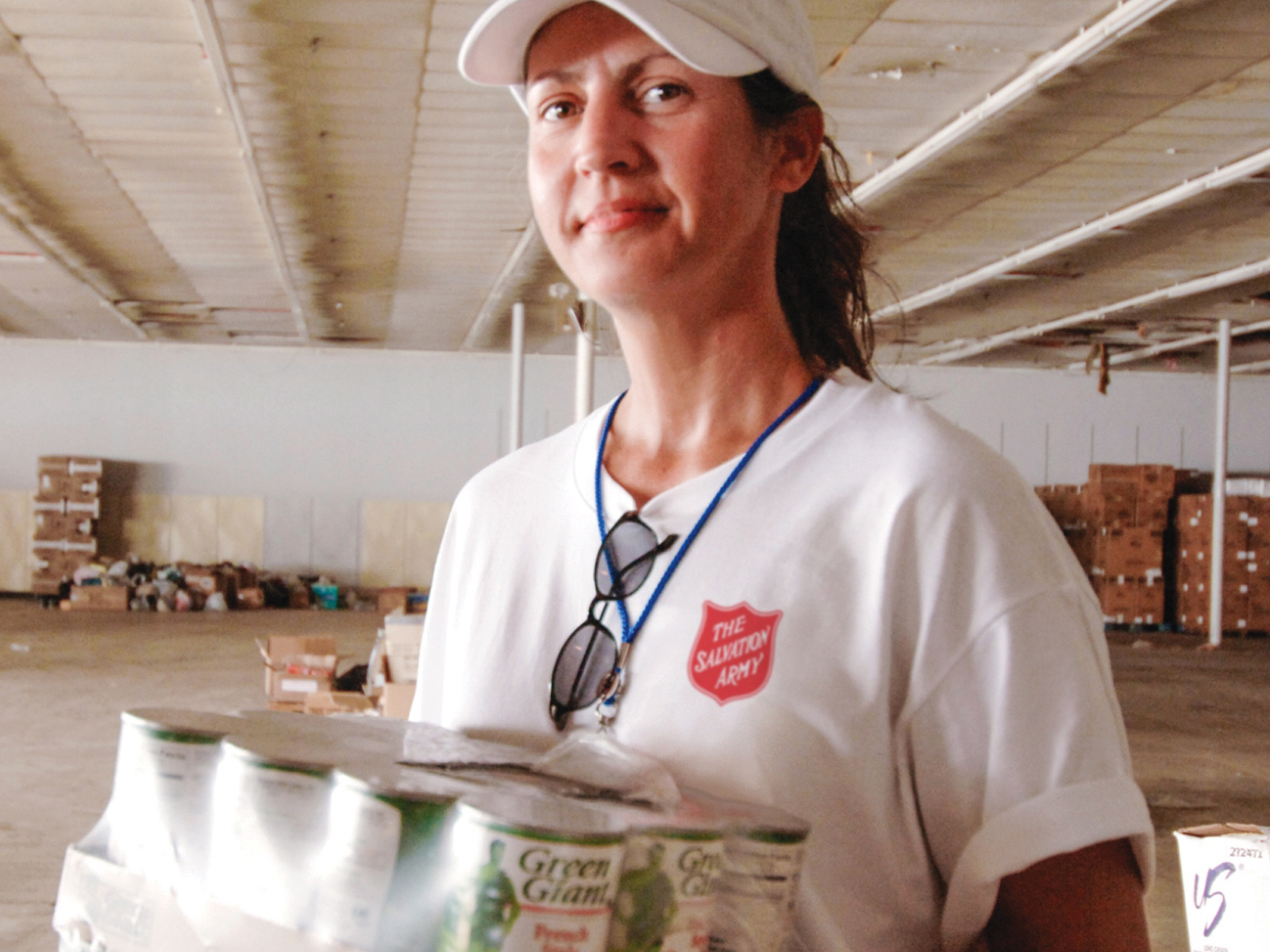How stress and trauma take their toll
We are dealing with a lot these days—a global pandemic, political battles, racial injustices and natural disasters. And when you fold in all of our personal obligations and challenges, it is no wonder that so many of us are feeling exhausted—and frankly—like we have no more energy to care.
With so many competing priorities of what we should care about and pay attention to, it is starting to come at a cost to our mental health. What many people do not realize is that our ability to relate to and care for others (a.k.a. our empathy) is a limited resource. If we drain our empathy account, we can end up feeling some pretty negative emotions, which experts call “empathy fatigue.”
Here, psychologist Susan Albers, PsyD, shares insight about this phenomenon and why now, more than ever, many people are experiencing it. She also offers practical advice on learning how to recognize it and move forward.
What is empathy fatigue?
At worst, empathy fatigue is a person’s inability to care. It is the negative consequence of repeated exposure to stressful or traumatic events. It can manifest emotionally or physically.
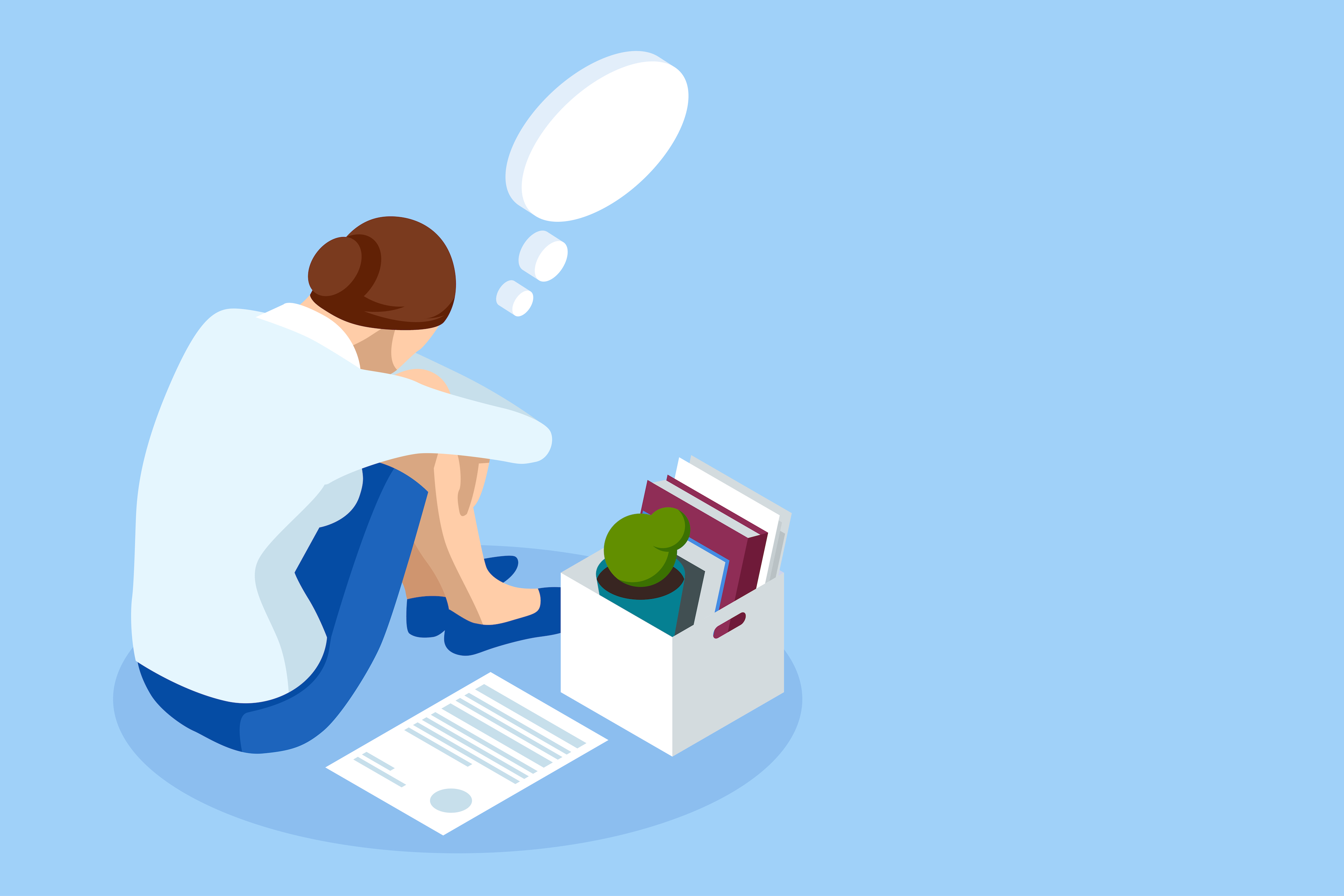
Emotional symptoms can include:
• Isolating yourself from others.
• Feeling numb or disconnected.
• Lack of energy to care about other things around you.
• Feeling overwhelmed, powerless or hopeless.
• Not being able to relate to others.
• Feeling angry, sad or depressed.
• Obsessive thoughts about the suffering of others.
• Feeling tense or agitated.
• Feeling speechless or unable to respond appropriately to what is happening around you.
• Self-blame.
Physical symptoms can include:
• Inability to concentrate, be productive or complete daily tasks.
• Headaches.
• Nausea or upset stomach.
• Difficulty sleeping or constant racing thoughts.
• Self-medicating with drugs or alcohol.
• Conflicts in your relationships.
• Changes in your appetite.
• Feeling exhausted all the time.
• Avoiding work or other activities.
“Empathy fatigue is the emotional and physical exhaustion that happens from caring for people day, after day, after day,” explains Dr. Albers. “Over time, we start to see people experiencing a sense of numbness and distancing or difficulty continuing to care.”
“Empathy fatigue is a defense mechanism,” she continues. “It’s your body’s way of telling you to pay attention and to take a step back to care for yourself.”
Empathy fatigue and health care workers
Empathy fatigue is sometimes referred to as “the cost of care.” That is because in the past, empathy fatigue mainly impacted health care and other frontline workers due to the nature of the work. Doctors, nurses, therapists, first responders and journalists were most at-risk. These professions are repeatedly exposed to stressful or traumatic events, leaving them susceptible to becoming traumatized themselves by what they experience or feel through others.
Empathy fatigue has also been thought of as a secondary traumatic stress disorder. It is the type of stress that comes from helping people day in and day out or witnessing or helping a person go through something awful. The stress and hardship of what you are experiencing, seeing and feeling starts to take a toll on you.
“When we’re under stress day after day, it’s like a constant drip of cortisol that goes to our brain,” says Dr. Albers. “And we can only do that for so long until our body and mind start to break down.”
Now a bigger issue
If the symptoms of empathy fatigue feel all too familiar, you are not alone. Dr. Albers says because of the global pandemic and all of the changes we have experienced this year, many people outside of health care are starting to experience signs of empathy fatigue.
Parents, teachers and grocery store workers are all feeling the negative effects of repeated stress, constant change and exposure to fear and loss.
If you have watched the news every day over the past eight months and have seen the coronavirus numbers continue to skyrocket, you may have started to feel disconnected from what it actually means. You may have forgotten that behind every number is a daughter, a son, a spouse.
If you have lost your job or a loved one, you might have a difficult time understanding and remembering that others around you might also be facing hardship.
Or maybe your best friend’s house burned down because of the wild fires and it shook you to your core. “Day after day we’re hearing all of this bad news and these sad stories, and at first you might hear it and take it to heart,” says Dr. Albers. “But after sometime, you might find yourself tuning out or feeling numb to it saying, ‘Oh, that’s just another story about a wildfire,’ which wouldn’t be your typical response.”
It is almost like we’ve grown accustomed to bad news and negative things happening in our world, which in turn has started to drain our empathy account. You might feel emotionally cut off from what is happening around you or unsympathetic to more bad news. You might have even said or thought to yourself, “I just do not care anymore.”
But take heart—empathy fatigue does not have to last forever.
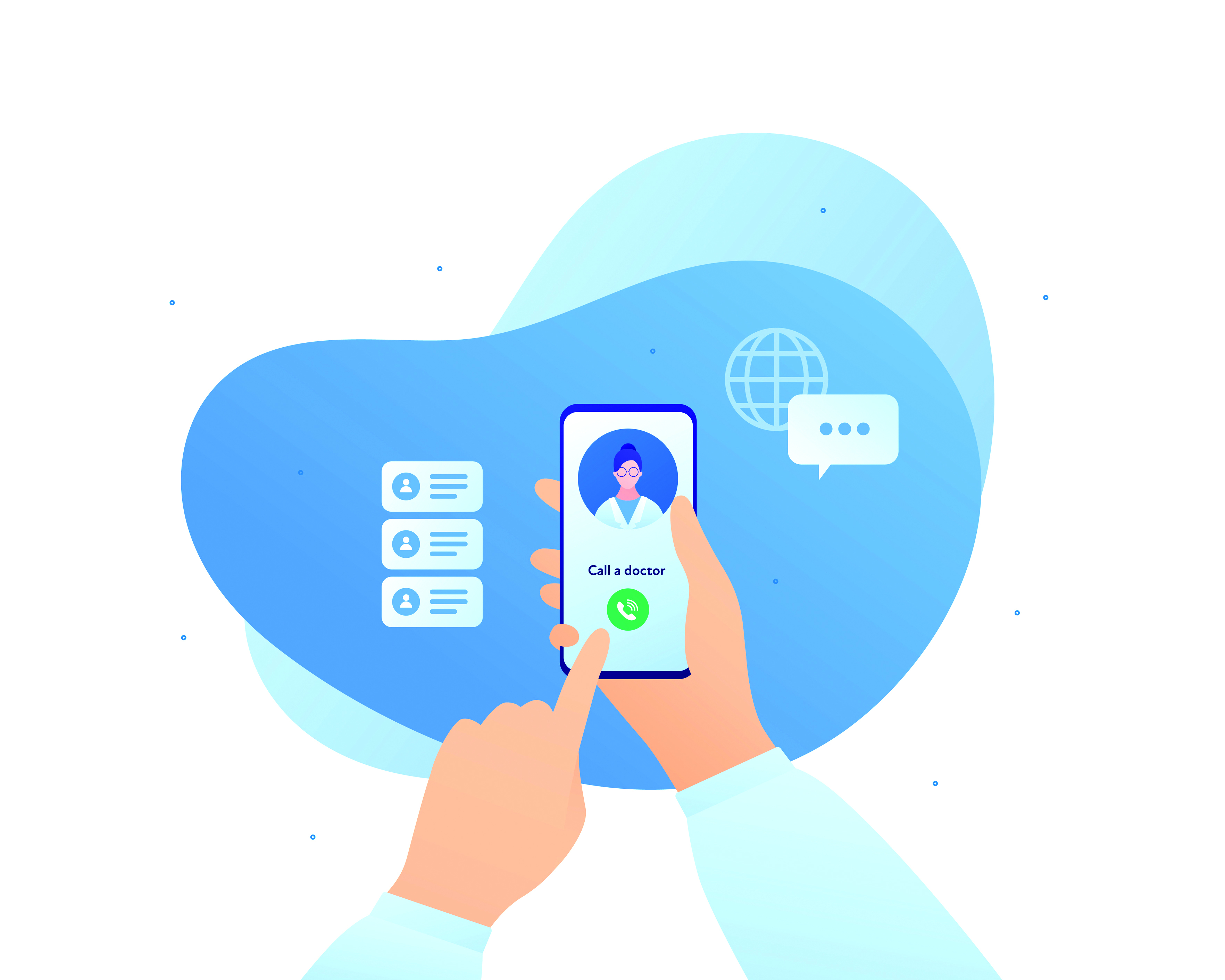
Treating and moving through
In these pandemic times, empathy fatigue can go hand-in-hand with caution fatigue. But it is important to remain vigilant about slowing the spread of COVID-19. We must be mindful about what we are doing to help and protect others, while also taking care of ourselves.
However, empathy fatigue can eventually slip into depression, so it is so important to pay attention to how you are feeling, address those feelings and move forward with caring for yourself and those around you. “When we’re talking treatment, we like to think about the ABC model,” explains Dr. Albers. “We need to work on our awareness, our balance of everything going on and our connection with others.”
Here is more about what that means:
Awareness. It is important to acknowledge how you are feeling and to show yourself some self-compassion. Often times we are so busy we do not pay attention to how we are really feeling. Or, we are so quick to feel an emotion that we try to push it away as soon as it starts. But sometimes, the best thing we can do is to take a moment to actually feel the emotion and sit with it. Be mindful and go through a daily self-assessment to identify what parts of your job or life are causing you stress. What is triggering you? Take note of how you feel physically and mentally.
Balance. How much balance do you currently have in your life? Not only with your work and home life, but also with watching the news, scrolling through social media or obsessing over bad news. Do you have other interests besides your job and taking care of other people? Do you have balance between your self-care routine and constantly worrying about the state of the world? Give yourself permission to find a good balance. When things go awry, it can be helpful to return to the basics and focus on what we can control. These are things like eating well, making sure you exercise, focusing on quality sleep and doing something you enjoy. It is also things like wearing a face mask, not going to large gatherings and washing your hands.
Connection. In a world filled with social and physical distancing, it can be tough to feel connected to others right now. But feeling connected can be so healing to those experiencing empathy fatigue, says Dr. Albers. We need to go out of our way to call or video chat with the people we care about. Talking about your feelings with a professional or trusted friend is another great place to start.ϖ
Reprinted with permission from the Cleveland Clinic.
Visit health.clevelandclinic.org.

